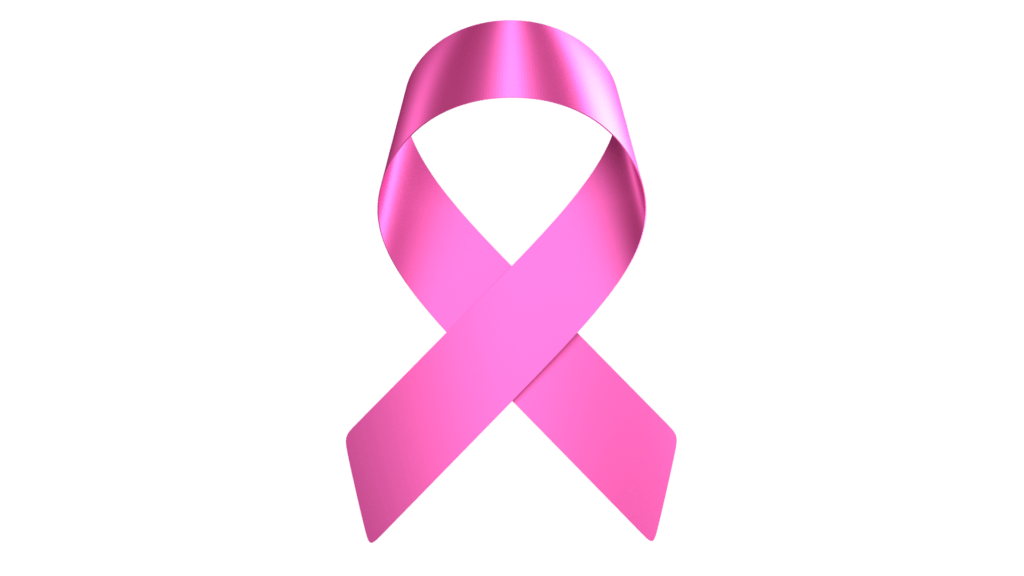Braces & Invisalign Back To School Guide
September 16, 2016


As you know, most of our blogs are dedicated to healthy teeth and beautiful smiles, because that’s what we’re all about here at Dudley Smiles! We love to talk about Invisalign and braces, but for the month of October, we’d like to take a little time off teeth to focus on another topic that is near and dear to our hearts – breast cancer awareness.
Did you know that about 1 in 8 U.S. women will develop invasive breast cancer over the course of her lifetime? For women in the U.S., the breast cancer death rates are higher than those for almost any other cancer. In fact, over 40,000 women in the U.S. are expected to die from breast cancer in 2016 alone. We’re not okay with this!
Almost every one of us has been affected by breast cancer in some way. We’ve seen our mothers, sisters, daughters, and aunts diagnosed. We’ve watched coworkers, neighbors, members of our congregations and softball teams fight against it. It’s no wonder that “think pink” has taken off in such a major way in recent years.
The good news is that the death rates from breast cancer have been dropping since about 1989, with larger decreases in women younger than 50. These decreases are believed to be the result of finding breast cancer earlier through screening and increased awareness, as well as better treatment options.
However, a lot of misinformation still exists about breast cancer. This can lead to fear and a hesitation to seek medical advice and treatment.
To help in the efforts to increase breast cancer awareness, here are 10 common breast cancer myths we’d like to combat!
Now more than ever, the vast majority of women diagnosed with breast cancer display no signs of the cancer spreading beyond the breast and lymph nodes. About 80 percent of women diagnosed live at least five years, and most will actually live longer.
Most medical professionals recommend that women have annual mammogram screenings starting at age 40, or earlier if the woman has a higher risk of breast cancer. Mammograms are the single best screening tool available for the early detection of breast cancer.
Although a family history of breast cancer does increase your risk of developing it yourself, every woman has some risk of developing breast cancer. About 80 percent of women diagnosed with breast cancer have had no family history of the disease.
While lifestyle factors may play a role in risk, no one knows exactly what causes breast cancer. Some people believe that you can develop breast cancer from eating too much fat or not exercising enough. But both perfectly healthy people and people with high-fat, sedentary lifestyles are diagnosed every day.
Treatment plans vary from patient to patient. Options will depend on the type of cancer they have, the size of the tumor, the age of the patient, and their stage in the disease. Some women will need surgery, radiation, and months of chemotherapy. Others may only require surgery or a chemo regimen.
Breast cancer is a name given to at least a half-dozen diseases. The broadest categories are invasive and non-invasive, and from there, there are several types and sub-types that depend on multiple factors. The one, and sometimes only, thing they have in common is that they all develop in the breast. Myths like this are why breast cancer awareness and education are so important!
Many of us will jump to this conclusion when we learn of a breast cancer diagnosis, but it isn’t always necessary or preferred. For women with breast cancer at one site, with a tumor smaller than 4 centimeters, and with clean margins achieved during surgery, a lumpectomy with radiation has been proven to be as effective as mastectomy.
It’s true that lymph node surgery can lead to discomfort, numbness and swelling (which is called lymphedema.) However, proper care of the arm and physical therapy usually alleviates these symptoms or can even help patients to completely avoid them.
Despite multiple studies, there is no conclusive evidence that antiperspirants influence your risk of developing breast cancer.
Cancer that has already spread to other parts of the body can be silent for some time before it is discovered. No evidence supports the idea that surgery causes cancer to spread.

Thanks to organizations like Susan G. Komen, there have been dramatic improvements in cancer research, treatment, and early detection. Susan G. Komen is the ONLY organization that addresses breast cancer on multiple fronts.
The Komen foundation does research, works to improve community health, and participates in global outreach. They also work to put into place public policy initiatives in order to make the biggest impact possible against breast cancer.
For these reasons and more, our team here at Dudley Smiles have chosen to think pink this October to raise funds for more breast cancer awareness and research! But we need your help to make an impact.

It’s easy! Get pink oties or elastic chain at your next appointment and take a selfie showing them off. Then check-in on Facebook or Instagram, and post the photo to your wall or feed, tagging it with #DSthinkspink. For every selfie posted, Dr. Dudley will donate $5 to the Susan G. Komen foundation.
What’s the best part, besides looking cute and raising money for breast cancer awareness and research?
If we reach our goal of $200 donated, Dr. Dudley will wear his PINK TUTU to the office ALL WEEK!
Although straight smiles and healthy teeth are our passion, we want all the women in our lives to know we stand behind them and support the efforts to eradicate this disease. Help our Kent and Issaquah offices make a difference by thinking pink the next time you’re at our office!